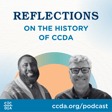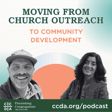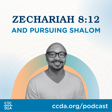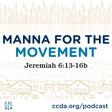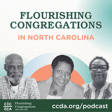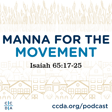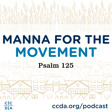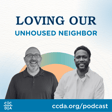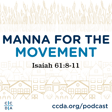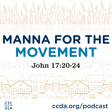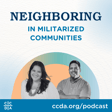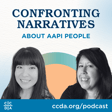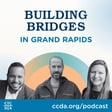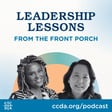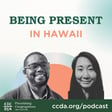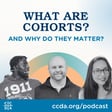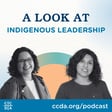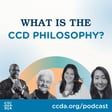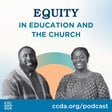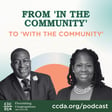
Pastoring in the Midst of Immigration Raids
Christina Foor is joined by Pastor Carlos Rincon to discuss what life is like right now in Los Angeles. Pastor Carlos shares about how he and his church are serving their community right now, the importance of showing up with compassion, and some ways you can pray for those in LA.
If you want to learn more about how you can get involved, check out CCDA’s Immigration Network at ccda.org/immigration. And for more information on the immigration process, watch our Immigration Law Basics webinar. Click here for prayer requests from CCDA members in Southern California.
Rev. Carlos Rincon is the CEO and president of Instituto de Avance Integral Latino Community Development Corporation. Carlos Rincon has been pastoring in Los Angeles for over 35 years and has developed strong ties with the community. He is also a member of many coalitions, such as COPALA, which works closely with Chirla, LA Voice, Homeboy Ministries, Jesse Miranda Center, and Assemblies of God Network. Pastor Carlos is also part of CCDA’s Flourishing Congregations Initiative.
Connect with Pastor Carlos on his Facebook page, facebook.com/vidavictoriosa.
Connect with CCDA on Instagram, Twitter, Facebook, and LinkedIn. Follow CCDA on YouTube.
